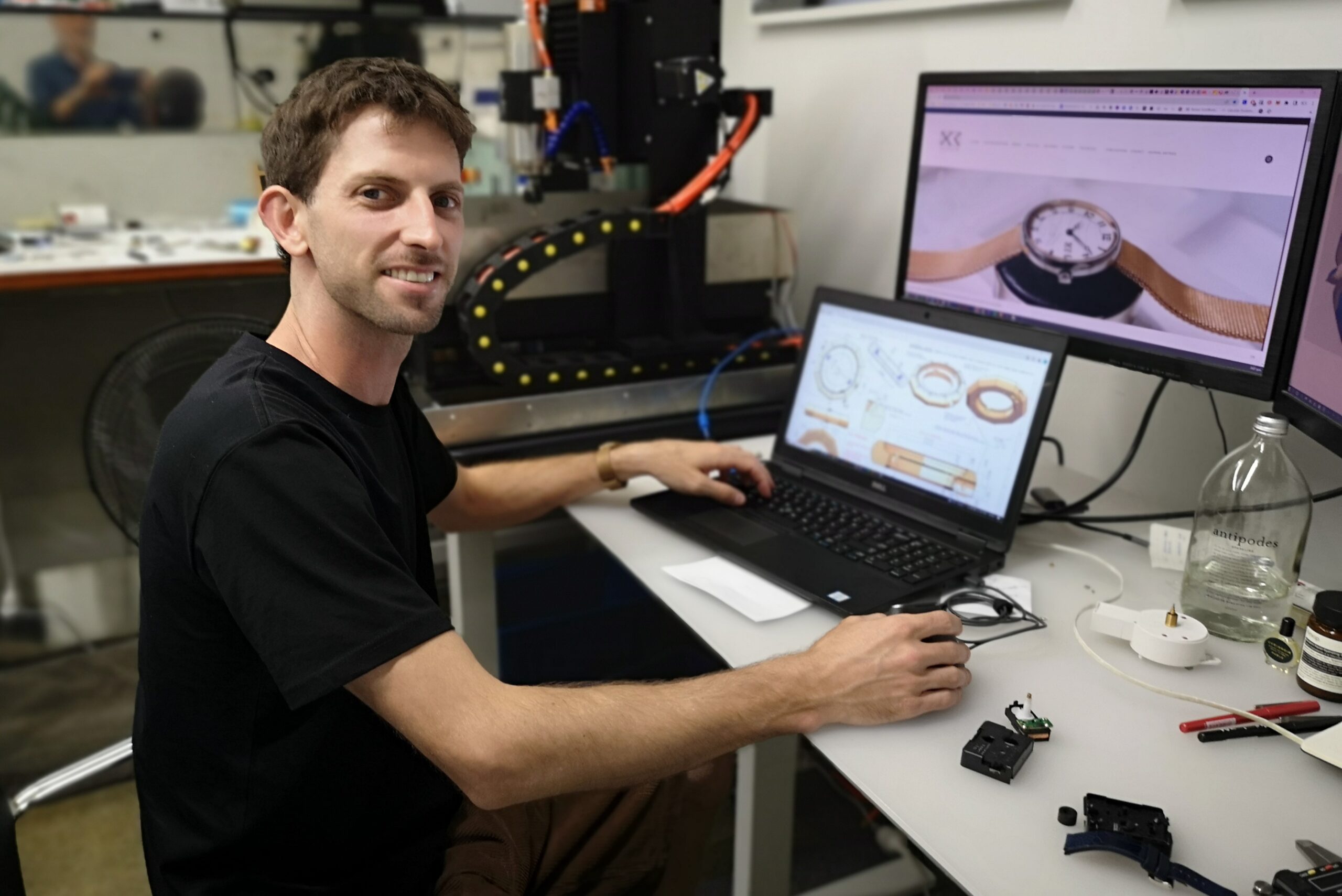The fundraiser’s friend
Funding HQ is a platform helping people build fundraising capability and capacity in an easy, cost-effective way. For its passionate founder Jenni Giblin it’s the culmination of an already highly […]
Funding HQ is a platform helping people build fundraising capability and capacity in an easy, cost-effective way. For its passionate founder Jenni Giblin it’s the culmination of an already highly successful fundraising career.
Jenni Giblin is a born fundraiser, and a hard worker. Based out of her family sheep and beef farm near Waipukurau in Hawke’s Bay she’s been working 60-hour weeks to build her startup business Funding HQ – and that effort is already paying off in satisfied members and fundraising results.
Using a SaaS (Software as a Service) monthly subscription model, Funding HQ offers end-to-end fundraising support across a wide range of funding streams and for a diverse client base.
The online platform ensures charities and organisations can successfully build their own funding capability. It helps them to become ‘funder ready’, and thinking strategically about the outcomes they’re delivering in their communities and what their compelling case for investment is.
It’s all about providing the ‘why’ – why they would make an ideal partnership for potential funders.
“We then coach and support our members to develop a diversified funding plan,” Jenni explains, “where they look for a range of funding partners across central and local government, corporates and businesses, philanthropists, trusts and community fundraising initiatives.”
She has a team of people at Funding HQ with successful fundraising experience. “They understand the challenges and frustrations that our members face but have the energy and expertise to provide quality support and advice.”
For the mother of five, Funding HQ has been her destiny. Generating funding is in Jenni’s blood. Her first taste came while helping Hastings Mayor Lawrence Yule raise $7.5 million in external funding for the Hawke’s Bay Opera House in 2005. That was followed by a Napier city council contract to secure funding for a new stand at McLean Park.
After securing more than $175 million in funding over 16 years for projects across the country, and seeing first-hand the large number of organisations struggling to secure funding and unable to afford the assistance of a large consultancy, it was time to put her experience to work and launch Funding HQ.
“I wanted to help build fundraising capability and capacity in a way that was accessible and cost-effective,” Jenni explains, “so that a wider range of organisations could learn how to access funding efficiently and remain financially viable.”
She believes New Zealand’s funding landscape is uneven, with a large proportion of funds distributed to just a small number of charities. This is because they have the internal resources to access funds and look after their partners.
“Unfortunately it means that up to 90 percent of New Zealand charities really struggle to access funds. Many Māori, Pasifika and ethnic minority organisations also struggle year-on-year to access funding and this needs to change.
“Fundraisers are often volunteers or part-timers too, and they don’t have time to go out and seek funding, and it does take time.”
There’s no doubt that Covid-19 also impacted fundraising in this country, says Jenni, quickly exhausting central government funds. And with a recession looming, funding from corporates and businesses is expected to reduce too.
Add to this the fact that the charity sector is one of the fastest growing sectors out there, and you realise that there has never been a more appropriate time for a service provider such as Funding HQ.
Getting off the ground
Like any new start-up, a limited availability of finance means Jenni has been “living on the smell of an oily rag” and allocating all her resources into the business. It’s a platform-based business that has required a lot of development investment, and yes, again like many businesses, getting it off the ground has taken longer and cost more than originally planned.
While Jenni already has clients nationwide and a team around her, the business journey has taken three years so far. When NZBusiness caught up with her earlier this year she was about to launch and self-fund her first official marketing campaign, and was looking for investors to get on board.
The official launch of the Funding HQ platform was in February, followed by the opening of a specific arts, culture and heritage website portal in March, funded by the Ministry. There is also a sports portal under development.
The long-term goal is to have specific funding information catering for the needs of every sector, including arts, sports, social services, schools and environmental organisations.
Funding HQ is all about how to develop a compelling case for funds, teaching members to cross the various streams of fundraising (central and local government, corporate partnerships, trusts) and then measuring the success and impacts.
Fundamentals of funding
Funding HQ is about teaching charities, including Māori and Pasifika, to think commercially around funding relationships, explains Jenni, and to aim for long-term, sustainable partnerships.
“So what does the relationship, and the partnership, look like? And if you’re a charity receiving funding from a corporate, what are you going to offer that corporate in return?
“It’s far from just saying ‘here’s $10k, see you next year.’”
Looking at the relationship from the corporate’s point of view is another specialty of Jenni’s. “It’s not about just handing over money – the partnership also needs to work for the funder as well. What’s in it for them?
“Remember, the people responsible must go back to their shareholders and be accountable about that investment and explain the impact it has for the company.
“It all has to be much more commercial,” she explains. “And that’s what having a really good two-way partnership is all about.”
Looking ahead, Jenni has big business goals, with plans to expand across the Tasman and to work closer with funders on how they can eliminate the bureaucracy and accentuate efficiencies around the distribution of funding.
By Editor Glenn Baker




